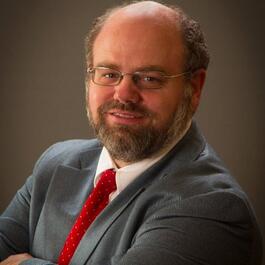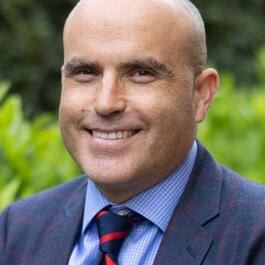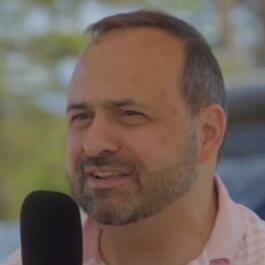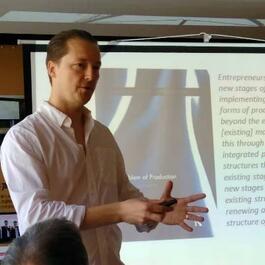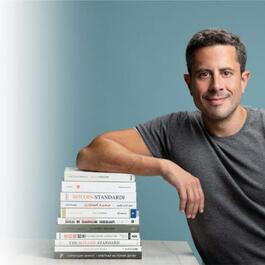
The Human Action Podcast
The Human Action Podcast features in-depth interviews on current topics in economics through an Austro libertarian lens.
Show episodes
Bob is joined by author George Ford Smith for a detailed examination into the life and legacy of Thomas Paine. They discuss how Paine’s writings, especially Common Sense and the American Crisis essays, mustered colonial support for independence and even influenced the outcome of the Revolutionary War. Smith explains Pa
Bob hosts economist Daniel Lacalle to analyze the controversial Big Beautiful Bill. Daniel explains why, despite its imperfections, the bill represents a vital first step toward curbing government spending and protecting private-sector prosperity from excessive state intervention.Daniel's Article, "The Big Beautiful Bi
Vincent Geloso and Chandler Reilly have a new paper in which they use Rothbard's "Private Product Remaining" (PPR) as a lower bound on estimates of national output, to be contrasted with the convention GDP statistics as an upper bound. Bob has the authors explain Rothbard's proposal and how they are trying to introduce
In this episode of the Human Action Podcast, Bob analyzes the key arguments from the recent immigration debate at the Soho Forum between Dave Smith and Alex Nowrasteh. He clarifies the critical issue of how libertarians should approach immigration when the government controls significant property and resources, explore
Bob takes a close look at Oren Cass’s recent appearance on Tucker Carlson, where Cass argued for free trade to a skeptical conservative audience. Bob unpacks Cass’s arguments about tariffs, comparative advantage, and trade deficits—not to attack, but to clarify. Using classical and Austrian economics, Murphy shows why
Economist Alex Tabarrok joins Bob to review Trump’s executive order on prescription drug pricing. They explore how price discrimination works in global pharmaceutical markets, the unintended consequences of importation policies, and why U.S. consumers often pay more—yet benefit most from drug innovation. Tabarrok also

